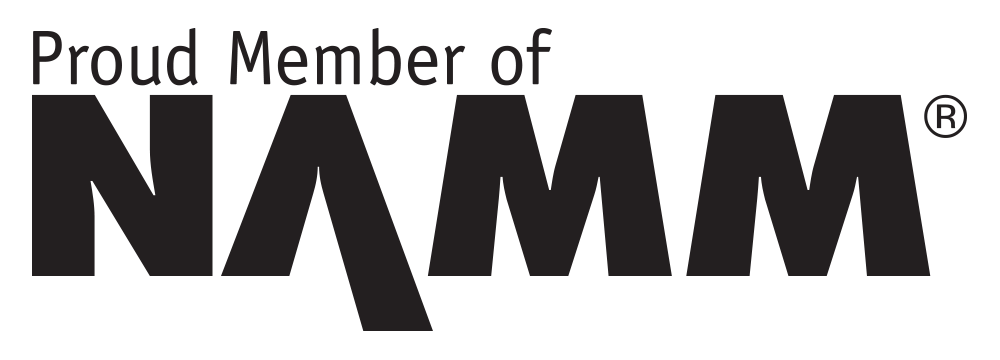 />
/>
Given what Yamaha have done with other iconic brands they have acquired over the past 5 or so years, we were pretty excited when Yamaha acquired the legendary Ampeg name back in 2018.
Ampeg is arguably THE most iconic manufacturer of bass amps in the world, & while we love them, it did feel to us that over the last few years they had seemed to stop progressing their models & were losing touch with the global trend towards smaller, lighter & more powerful bass rigs.
And, while it’s taken Yamaha 3 years to come up with their new refreshed range, we couldn’t be more excited. The brand-new Rocket combos are just amazing... & even though they’re much smaller (& a LOT lighter!) thankfully they’ve still managed to retain “that Ampeg tone”.
The weight issue has been largely addressed by incorporating Class D amplifiers so you don’t need a massively heavy analogue transformer which means they are not just lighter, but are more powerful, have a cleaner tone with far more headroom so the speakers won’t “clip” even on low notes. Also incorporated a circuit that Ampeg is calling their Super Grit Technology (SGT) for some dirt & simulated Ampeg valve distortion... it’s super cool! And, to top it off, we reckon the “new” vintage aesthetics are just fantastic. As well as being great combos, they really do look the part.
“So, the D-Class circuitry let's talk about that. A lot of people come in thinking that the D stands for ‘digital’, but it's not i- t's still an analog component, it's akin to sort of solid-state amplification … the difference between this and something like A.B. valve amps is that they use mosfet transistors that act as switches, rather than using sort of linear gain devices … so what that allows for the amp is to be a lot more efficient in using energy and power and therefore really reduces the heat output by substantial margins … sometimes up to 75% … so what that means is you don't have to have massive heavy heat sinks in the amps, and big power amps are gone … so significant weight differences, but there's people sort of tend to think of it as a is it a reduction in sound quality by no means is that the case” … so d-class circuitry … is it's been around for a while it's kind of new-ish to base amps but it doesn't mean any reduction in sound quality” Shane McDonald, Concept Music
We’re pretty impressed with this new range. More than lightweight, powerful and well toned, Ampeg have packed these combos full of practical and clever features that players will actually use:
- DI out ( XLR) on all the new range except the 108, they can plug straight into a mixing desk or if recording at home into their Interface, plus live on stage you can send them straight to the desk and use the amp as a monitor on stage
- Simple controls with 3 band EQ , with the RB-112, RB-115, and RB-210 having the legendary Ampeg HI/LO switching
- SGT super grit circuit for some dirt and simulated Ampeg valve distortion
To check out Shane's full review of the range have a look at conceptmusic.com.au/Ampeg-RocketBass-Combo-Range


 />
/>
 />
/>
 />
/>
 />
/>





